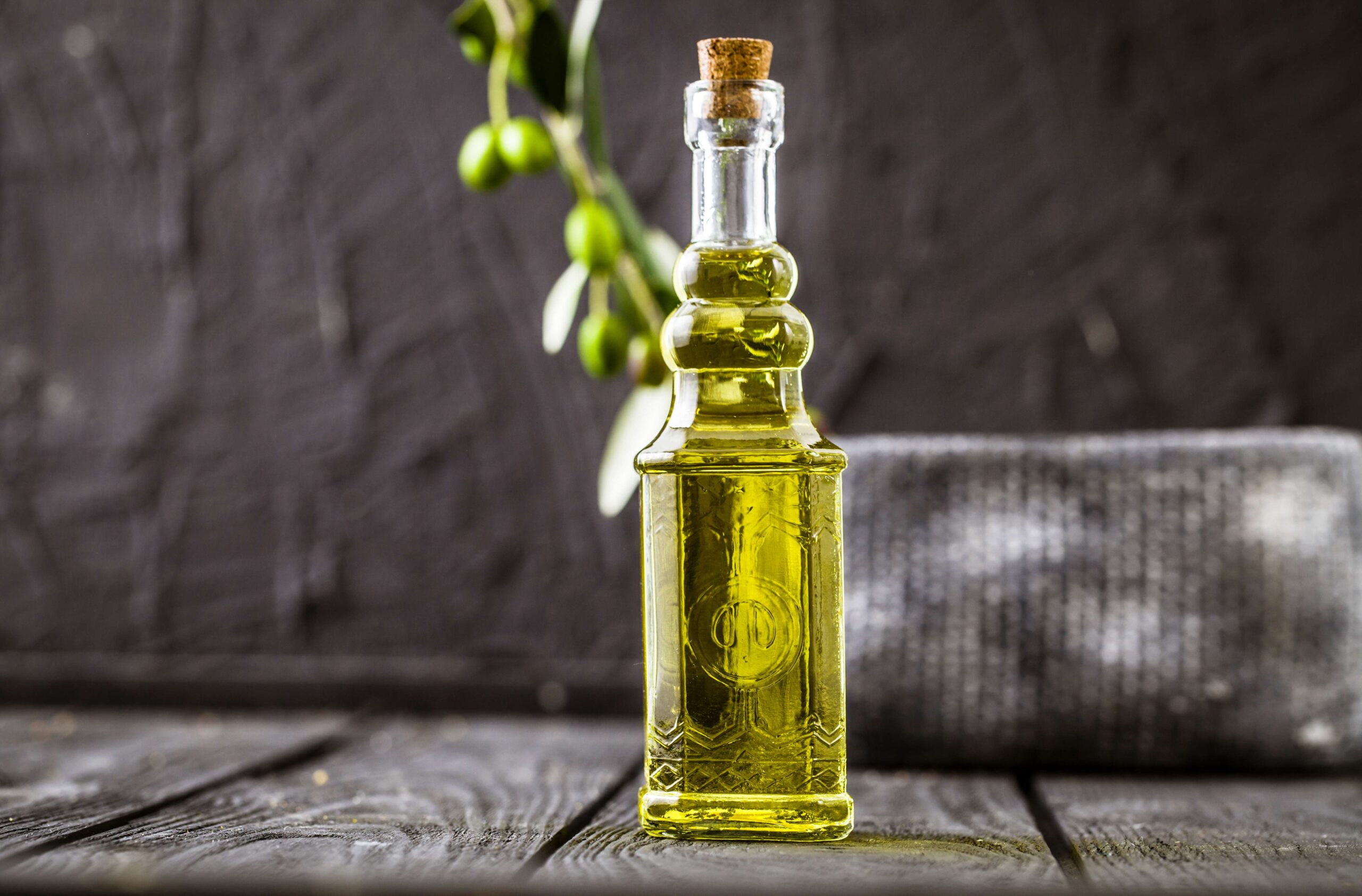Olive Oil: A Symbol of Unity Among Religions
For millennia, olive oil has served as a bridge between cultures, civilizations, and faiths. With its golden hue and rich, aromatic essence, it transcends culinary use to become a sacred thread weaving through the spiritual and everyday lives of people worldwide. While religious traditions often diverge in practice and belief, olive oil stands as a unifying element across Christianity, Judaism, and Islam, symbolizing purity, blessings, and spiritual enlightenment. This golden elixir is more than just a dietary staple—it is an emblem of harmony in a world marked by diversity.
Olive Oil in Christianity: A Sacred Anointing
In Christianity, olive oil holds profound sacramental significance. It is used in baptism, confirmation, and the anointing of the sick, signifying divine grace, protection, and healing. The shimmering liquid, often stored in elaborately crafted vials, carries with it centuries of faith and tradition.
- Biblical Significance: The Bible frequently references olive oil, from the anointing of kings such as David to the parable of the wise and foolish virgins, where oil represents spiritual readiness and divine presence.
- Liturgical Uses: Holy Chrism, a consecrated mixture of olive oil and balsam, is used in major Christian rites to seal and strengthen the faithful in their spiritual journey.
- Symbol of Christ: Olive oil embodies the essence of Christ, who was called the “Anointed One” (Messiah in Hebrew, Christos in Greek), signifying His divine mission and leadership.
Olive Oil in Judaism: A Light of Tradition
Judaism embraces olive oil as a vital component of religious rituals, festivals, and historical events. Its golden glow reflects the eternal flame of faith, a beacon of divine presence and continuity.
- Temple Rituals: The ancient Menorah in the Holy Temple was fueled by the purest olive oil, symbolizing divine guidance and the everlasting connection between God and His people.
- Hanukkah Miracle: The festival of Hanukkah commemorates the miraculous endurance of a small vial of olive oil lasting eight days instead of one, reinforcing the themes of faith, perseverance, and divine intervention.
- Spiritual Anointing: In biblical times, prophets, kings, and priests were anointed with olive oil as a sign of divine selection, authority, and sanctification.
Olive Oil in Islam: A Blessed Tree
The Quran exalts the olive tree as a blessed creation, highlighting its significance in spirituality, health, and daily sustenance. With its roots deep in ancient lands and its branches stretching toward the heavens, the olive tree is seen as a symbol of divine wisdom and nourishment.
- Quranic Reference: “Allah is the Light of the heavens and the earth. The parable of His Light is as if there were a niche and within it a lamp… [it is] lit from a blessed tree, an olive, neither of the east nor of the west.” (Surah An-Nur 24:35)
- Prophetic Teachings: Prophet Muhammad is reported to have said, “Eat olive oil and anoint yourself with it, for it is from a blessed tree,” reinforcing its role in physical well-being and spiritual enrichment.
- Healing and Wellness: Olive oil is deeply rooted in Islamic medicine, regarded as a remedy for longevity, vitality, and internal purification.
A Unifying Symbol in a Divided World
Despite religious differences, olive oil remains a shared element of spirituality, healing, and sustenance across faiths. Its rich, golden essence embodies:
- Peace and Coexistence: The olive branch has long been a universal symbol of peace, diplomacy, and reconciliation, transcending religious and political divides.
- Interfaith Commonality: Whether in church rites, temple ceremonies, or Islamic traditions, the presence of olive oil reflects a common heritage of faith and sustenance.
- Sustainability and Stewardship: Across faiths, there is a shared responsibility to protect and sustain the natural world, particularly the olive tree, a sacred gift to humanity that has withstood the test of time.
Conclusion: A Golden Thread Connecting Faiths
Olive oil is more than a physical substance; it is a metaphor for unity, resilience, and divine connection. From the flickering flames of the Menorah to the sacred anointing oils of Christian sacraments, from the healing prescriptions of Islamic tradition to the culinary rituals of every Mediterranean household, olive oil remains an enduring testament to the interconnectedness of humanity.
In a world often marked by division, it serves as a reminder that faith, in all its forms, shares common roots. Across Christianity, Judaism, and Islam, the simple yet profound presence of olive oil continues to illuminate paths of devotion, tradition, and peace.
As we move forward, embracing what unites us is more important than ever. Through the enduring legacy of olive oil, we find a symbol that transcends boundaries, reminding us that despite our differences, we are all part of a greater, interconnected story—one that continues to be written, drop by golden drop.













